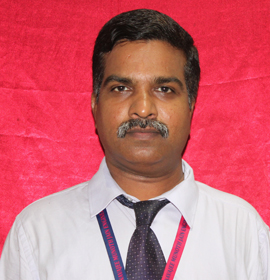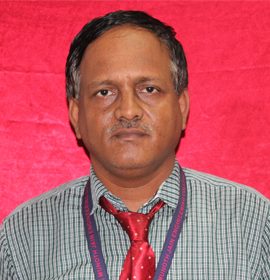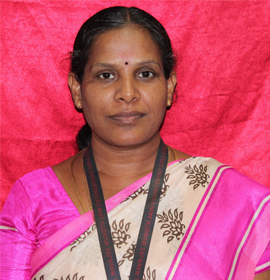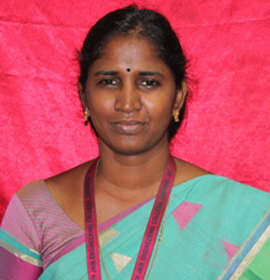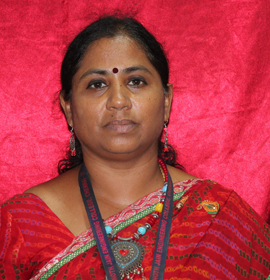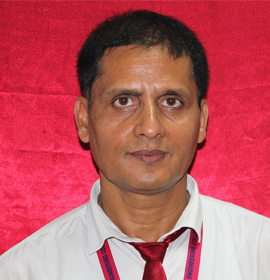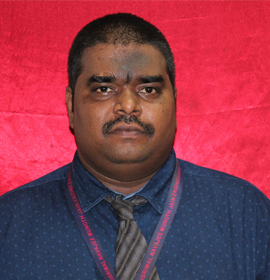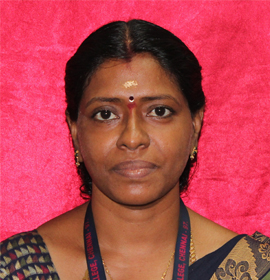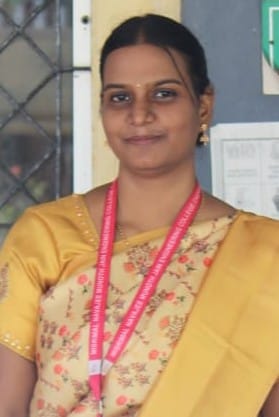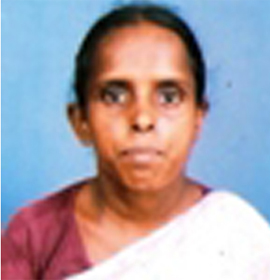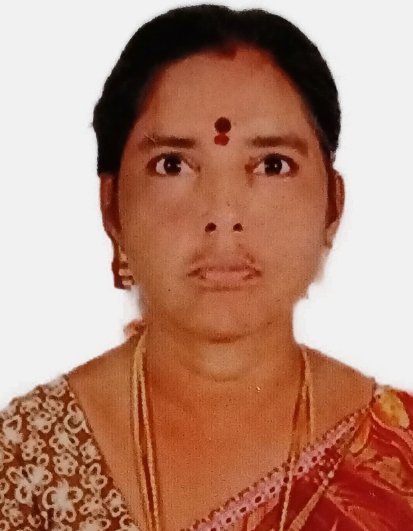Department of Electronics & Communication Engineering
- Home -
- Academics -
- Department
Vision:
To impart technical education and career skills to our students and to develop them technically and ethically so as to contribute to the advancement of the society and mankind.
Mission:
- To inculcate strong fundamentals in basic science, mathematics and Engineering concepts and thereby ignite the desire for continuous learning.
- To educate future leaders by providing career skills and state of the art facilities in all domains of Electronics and Communication Engineering.
- To nurture ethical and moral values and thereby mould the students to serve the society.
Programme Educational Objectives:
- To prepare graduates for successful careers in Electronics and Communication Engineering by strengthening their understanding of mathematical, scientific, and engineering fundamentals essential for problem-solving.
- To provide comprehensive knowledge in core domains such as Electronic Circuits and Design, Digital Signal Processing, Microprocessors and Microcontrollers, Wireless Communication, Networking, and VLSI Design, complemented by practical exposure.
- To develop the ability to analyse and interpret experimental data, design experiments, and apply engineering expertise to real-world challenges.
- To encourage lifelong learning and adaptation to evolving technologies and industry trends.
- To instil professional ethics, technical competence, and social responsibility for the betterment of the community.
- Ability to perform innovatively in the fields of Signal Processing, Embedded System, Communication System, Wireless sensor networks etc., by applying the acquired knowledge and be able to create an ideal platform to develop new findings with full aspirations.
- Ability to derive skills to build an eco-friendly environment and launch new products using green technology that could meet the societal needs at large.
Program Specific Outcomes
Ability to apply acquired knowledge creatively in areas such as Signal Processing, Embedded Systems, Communication Systems, and Wireless Sensor Networks, thereby developing a strong platform for research and innovation.
Ability to design eco-friendly systems and launch sustainable products using green technology to meet the growing needs of society.
Course Offered
B.E. Electronics and Communication Engineering
Engineering Graduates will be able to:
Apply the knowledge of mathematics, science, engineering
fundamentals, and an engineering specialization to the
solution of complex engineering problems
Identify, formulate, review research literature, and
analyze complex engineering problems reaching
substantiated conclusions using first principles of
mathematics, natural sciences, and engineering sciences.
Use research-based knowledge and research methods
including design of experiments, analysis and
interpretation of data, and synthesis of the information
to provide valid conclusions.
Create, select, and apply appropriate techniques,
resources, and modern engineering and IT tools including
prediction and modelling to complex engineering
activities with an understanding of the limitations.
Apply reasoning informed by the contextual knowledge to
assess societal, health, safety, legal and cultural
issues and the consequent responsibilities relevant to
the professional engineering practice.
Understand the impact of the professional engineering
solutions in societal and environmental contexts, and
demonstrate the knowledge of, and need for sustainable
development.
Apply ethical principles and commit to professional
ethics and responsibilities and norms of the engineering
practice.
Function effectively as an individual, and as a member
or leader in diverse teams, and in multidisciplinary
settings.
Communicate effectively on complex engineering
activities with the engineering community and with
society at large, such as, being able to comprehend and
write effective reports and design documentation, make
effective presentations, and give and receive clear
instructions.
Demonstrate knowledge and understanding of the
engineering and management principles and apply these to
one's own work, as a member and leader in a team, to
manage projects and in multidisciplinary environments.
Recognize the need for, and have the preparation and
ability to engage in independent and life-long learning
in the broadest context of technological change.
| Year | Name of the laboratory | Name of the lab Incharge | Lab Area (Sq.m.) |
|---|---|---|---|
| 2025 - 2026 | Electronics Lab | Mrs.V. Thilakrathi | 259 |
| Electronics System Design Lab | Mr. T.S. Rajkumar | 173 | |
| Computer Lab | Dr.T. Sasikala | 124 | |
| Microprocessor Lab | Dr.T. Sasikala | 250 | |
| RF Communication Lab | Dr.P.Lavanya | ||
| DSP/VLSI Lab | Dr.K. Jayabharathy | 250 | |
| Microwave and Optical Communication Lab | Ms.R.Divya Bharathi | 173 | |
| Electronic Design Lab | Mr. P. Arun Prasad | 180 | |
| Engineering Practice Lab | Mr. Manoj Kumar Mishra | 124 |

